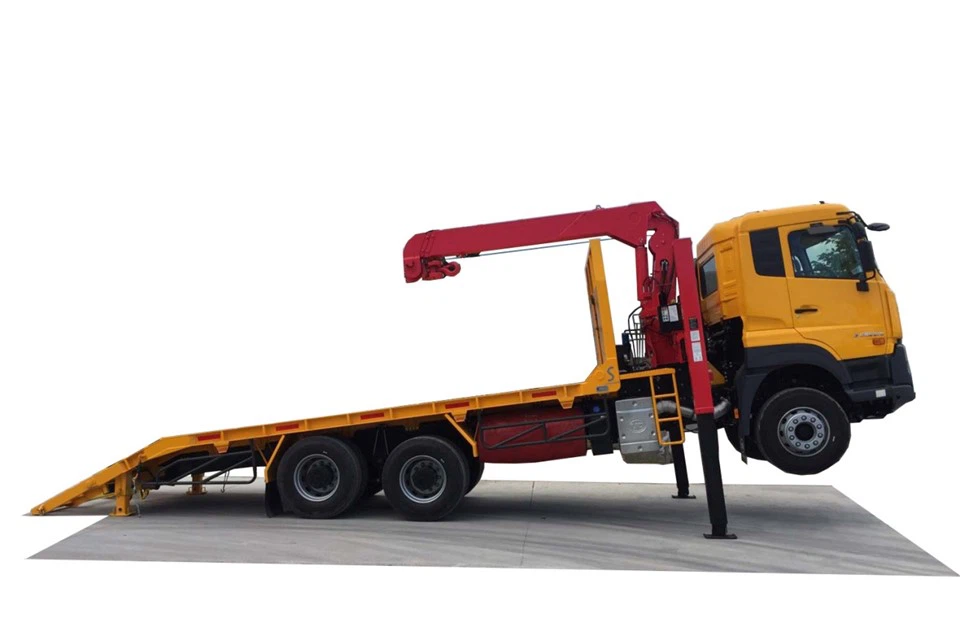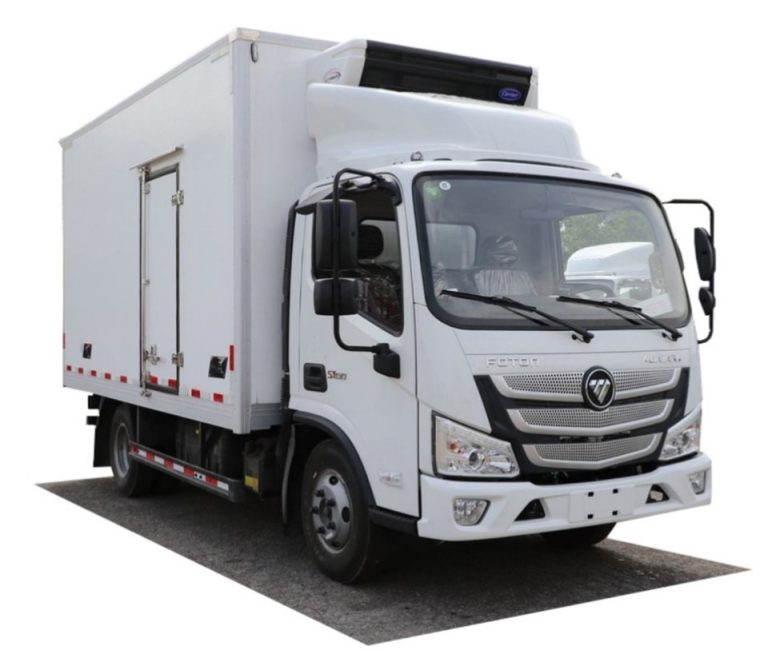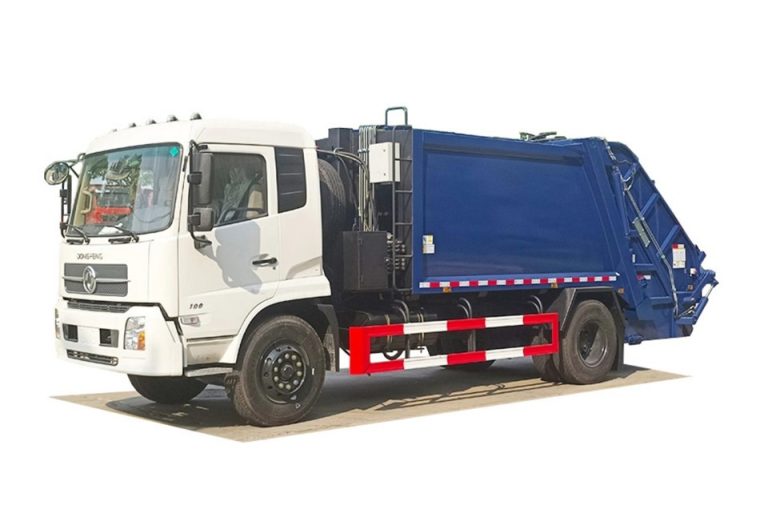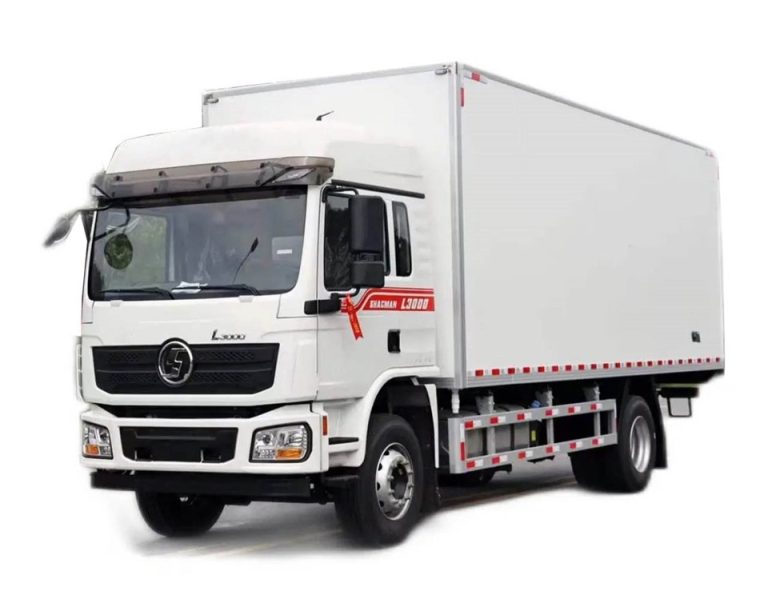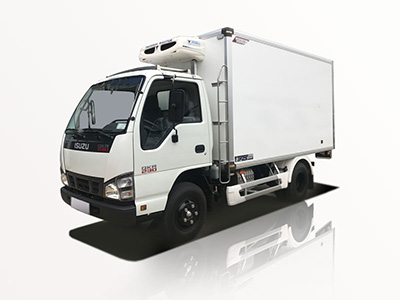Mosquitoes are not just a nuisance; they are carriers of several deadly diseases, including West Nile virus, Zika virus, and malaria. As the population of mosquitoes continues to rise in urban areas, effective mosquito control has become a priority. One of the most effective methods of large-scale mosquito control is the use of mosquito control trucks. This article explores everything you need to know about mosquito control trucks, their operation, advantages, and best practices for effective mosquito management.
What is a Mosquito Control Truck?
A mosquito control truck is a specialized vehicle equipped with the technology and materials needed to effectively manage and reduce mosquito populations in various environments. These trucks carry insecticides and utilize various methods of application to target mosquito breeding grounds and adult mosquito populations.
Components of a Mosquito Control Truck
- Insecticide Storage: Tanks designed to hold chemical solutions that are safe for the environment.
- Application Equipment: This includes sprayers, foggers, or aerosol dispensers that disperse the insecticide.
- GPS and Mapping Systems: Used to efficiently plan routes and target areas of high mosquito population.
- Operational Controls: For controlling the rate and volume of insecticide being deployed.
The Importance of Mosquito Control
Effective mosquito control is essential for protecting public health and improving the quality of life in affected areas. Mosquitoes can thrive in various environments, from stagnant water in backyards to marshy regions and urban landscapes.
Health Risks Associated with Mosquitoes
Understanding the health threats posed by mosquitoes is crucial for emphasizing the need for control measures:
- Vector for Diseases: Mosquitoes are vectors for diseases like malaria, dengue fever, and Zika virus.
- Allergies and Skin Reactions: Many individuals experience reactions from mosquito bites which can lead to further complications.
- Impact on Outdoor Activities: An abundance of mosquitoes can deter people from enjoying outdoor activities.
How Mosquito Control Trucks Operate
Mosquito control trucks utilize a variety of methods to manage mosquito populations effectively. Understanding how these trucks operate can shed light on their importance in urban planning and public health initiatives.
Types of Application Methods
Common methods used by mosquito control trucks include:
| Application Method | Description | Advantages |
|---|---|---|
| Fogging | Application of insecticide in a fog form, targeting adult mosquitoes. | Quick effect; covers large areas rapidly. |
| Larviciding | Application of larvicides to water sources to eliminate mosquito larvae. | Prevents adult mosquitoes from emerging. |
| Ultra-low volume (ULV) Spraying | Dispersion of a small amount of insecticide in a fine mist. | Minimized chemical usage; effective targeting. |
Operational Best Practices
To maximize the efficacy of mosquito control operations, following best practices is essential:
- Monitoring and Surveillance: Regular monitoring of mosquito populations helps identify high-risk areas.
- Time of Application: Fogging is typically most effective during dawn and dusk when mosquitoes are most active.
- Community Education: Informing the public helps them understand the importance of cooperating with mosquito control efforts.
Choosing the Right Mosquito Control Service
Selecting an effective mosquito control service requires careful consideration. Not all services utilize mosquito control trucks effectively, and the methods they use can vary.
Key Factors to Consider
- Licensing and Certification: Ensure that the service is fully licensed and certified to operate.
- Experience: Look for services with a proven track record in mosquito control.
- Environmental Responsibility: Choose companies that prioritize eco-friendly practices.
- Customer Reviews: Check reviews and testimonials from previous customers to gauge their satisfaction.
Examples of Reputable Mosquito Control Services
Some well-known mosquito control services that utilize mosquito control trucks effectively include:
- Terminix: Offers a comprehensive mosquito control program that utilizes a variety of application methods.
- Orkin: Provides tailored mosquito management plans for residential and commercial properties.
- Vector Disease Control International: Specializes in public health mosquito control solutions.
Environmental Impact of Mosquito Control
While mosquito control is essential for public health, it’s crucial to consider the environmental implications of using insecticides.
Reduced Chemical Exposure
Modern mosquito control trucks are designed to minimize chemical exposure to non-target species. Strategies include:
- Targeted Applications: Applying insecticides in high mosquito activity areas reduces the amount of chemicals required.
- Public Notification: Informing communities prior to treatments allows individuals to take necessary precautions.
Homeowners’ Role in Mosquito Control
Homeowners can play a significant part in reducing mosquito populations in their backyards. Implementing preventive measures can complement the efforts of mosquito control trucks.
Practical Tips for Homeowners
- Eliminate Standing Water: Remove any sources of stagnant water, such as clogged gutters or bird baths.
- Use Natural Repellents: Introduce plants like citronella, lemongrass, or marigolds that naturally repel mosquitoes.
- Install Screens: Ensure windows and doors are fitted with mosquito screens to keep them out.
- Maintain Landscaping: Regularly trim bushes and remove debris where mosquitoes can breed.
Future Trends in Mosquito Control
As the fight against mosquitoes continues, new technologies and techniques are being developed to improve effectiveness and safety in mosquito control operations.
Innovative Solutions on the Horizon
Some of the emerging trends in mosquito control include:
- Genetic Control: Using genetically modified mosquitoes to reduce populations.
- Smart Technology: Utilizing drones and IoT devices for targeted monitoring and spraying.
- Eco-Friendly Insecticides: Development of safer alternatives that are less harmful to the environment.
FAQ Section
1. How often are mosquito control trucks deployed?
Deployment frequency varies based on mosquito population levels and local guidelines, but they are often deployed weekly or bi-weekly during peak mosquito seasons.
2. Are the insecticides used by mosquito control trucks safe for pets and humans?
Most insecticides used are approved by the Environmental Protection Agency (EPA) and are safe for humans and pets once the application has dried. It is recommended to stay indoors during treatments.
3. Can I request mosquito control services in my area?
Yes, many counties and municipalities allow residents to request mosquito control services. Contact your local public health department for more information.
4. What should I do if I spot a mosquito breeding site?
Report it to your local mosquito control authority. Providing them with specific details can help them manage the breeding more effectively.
5. Are there natural alternatives to chemical mosquito control?
Yes, natural alternatives include using mosquito traps, repellents containing essential oils, and introducing predators like fish or bats that eat mosquitoes.
6. Do mosquito control trucks operate in residential areas?
Yes, mosquito control trucks often operate in residential areas, especially during times of high mosquito activity, to provide community protection.
